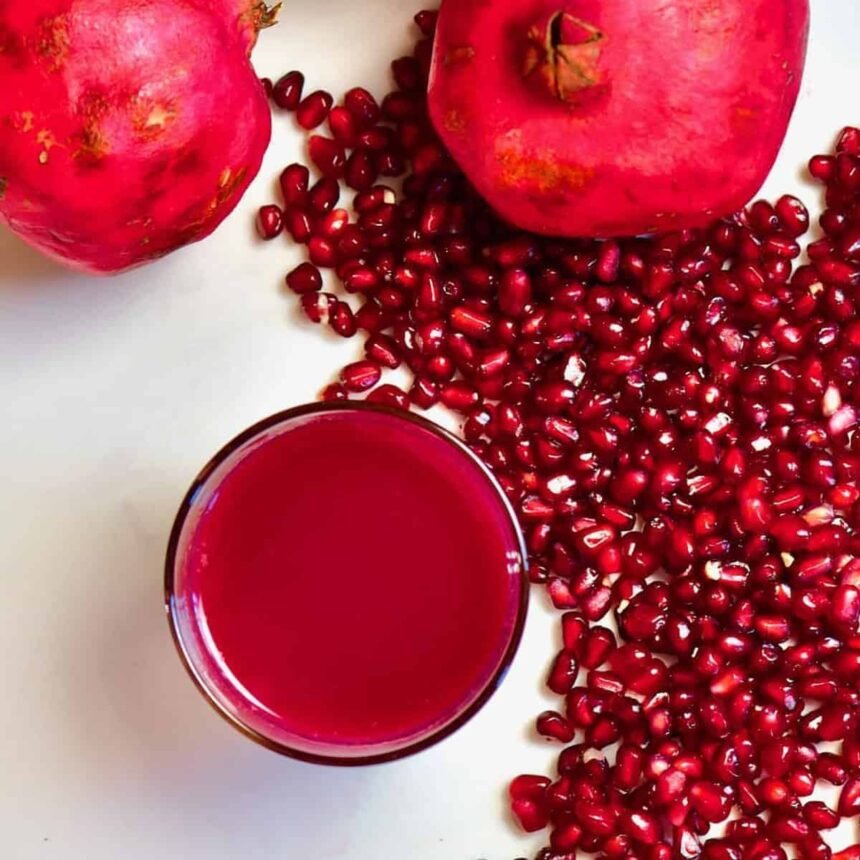Packed with antioxidants and touted for its numerous health benefits, pomegranate juice is a popular choice for those seeking a refreshing and nutritious beverage. However, it’s essential to be mindful of potential side effects, particularly when it comes to bloating.
Understanding the Benefits: Pomegranates are celebrated for their rich nutrient profile, known to aid digestion and cool the stomach. The juice derived from these ruby-red seeds is often consumed for its potential anti-inflammatory and heart-healthy properties.
Potential for Bloating: Despite its nutritional perks, some individuals may experience bloating after consuming pomegranate juice. This occurrence is more likely in those prone to constipation and individuals with a tendency towards dry, hard stools.
Consider Portion Control: Moderation is key when it comes to enjoying pomegranate juice. Excessive intake, especially on an empty stomach, may contribute to bloating. Start with smaller servings and observe how your body responds.
Individual Variability: Not everyone reacts the same way to pomegranate juice. Each person’s digestive system is unique, and factors like tolerance, pre-existing conditions, and overall gut health play a role in how the body processes the beverage.
Hydration and Fiber Intake: Ensuring adequate hydration and maintaining a balanced fiber intake can mitigate the likelihood of bloating. Pomegranate juice, while hydrating, should be complemented by a well-rounded diet that includes fiber-rich foods.
Consulting a Healthcare Professional: If bloating persists or becomes uncomfortable, consulting a healthcare professional is advisable. They can assess individual health conditions, offer personalized advice, and rule out any underlying digestive issues.
While pomegranate juice brings a host of health benefits, understanding its potential effects on digestion is crucial. Mindful consumption, paying attention to individual reactions, and maintaining a balanced diet can help harness the goodness of pomegranates without experiencing unwanted bloating. As with any dietary change, it’s recommended to listen to your body and seek professional guidance if needed, ensuring a harmonious integration of this nutritious beverage into your overall well-being.
